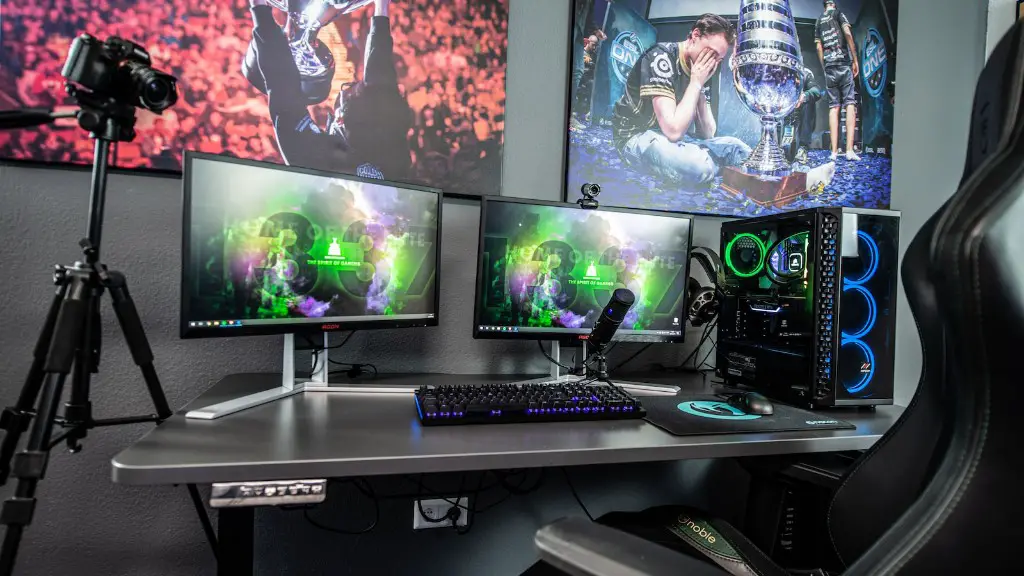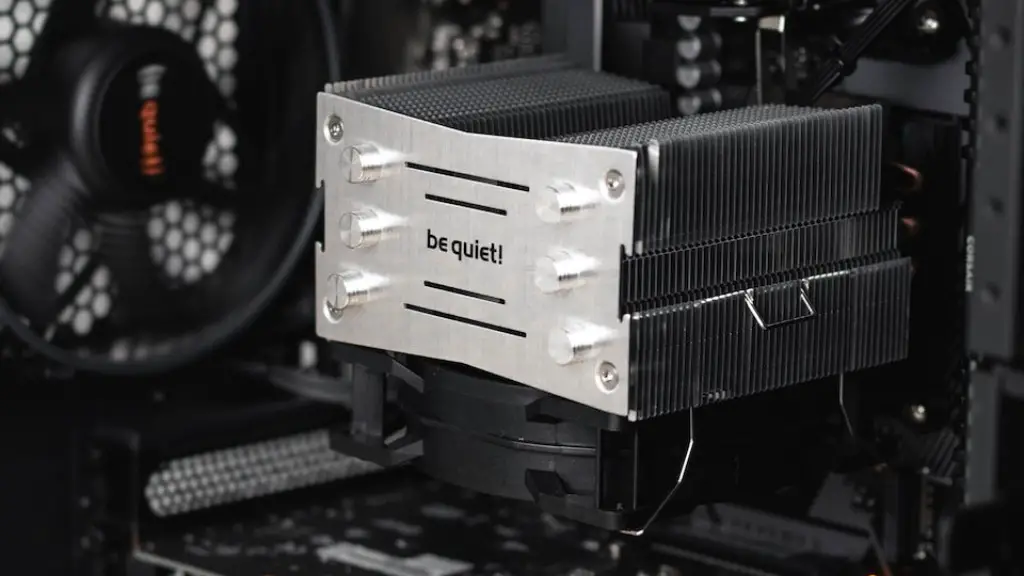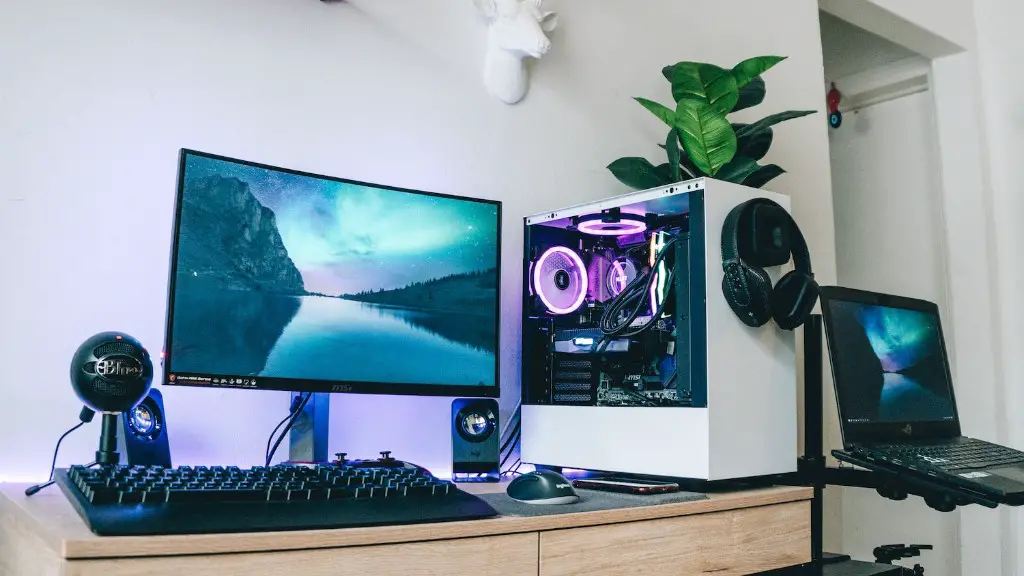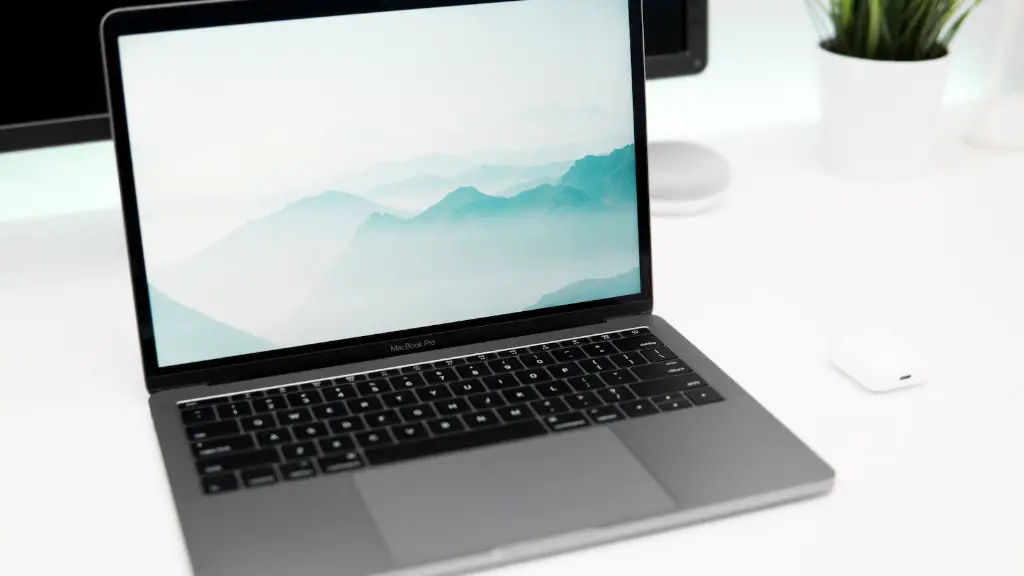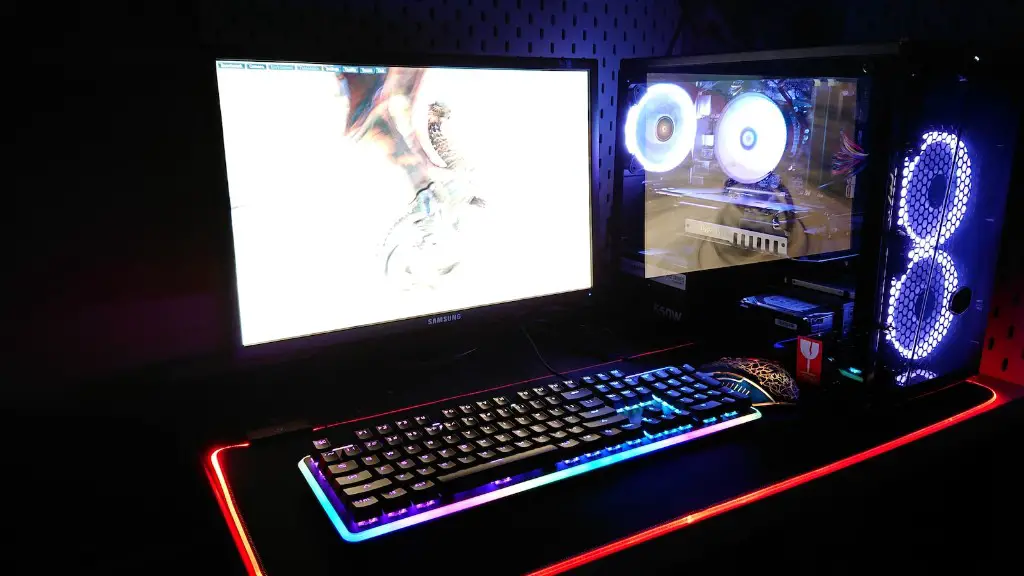Is building a gaming PC cheaper than buying one? This is a question many gamers are asking themselves these days. On one side, pre-built gaming PCs come with newer hardware, better warranties and faster customer support. But on the other, building one yourself offers cost savings, customization and a more user-friendly experience. It’s important to consider all of your options before making a purchase, as the price and convenience of either option can vary considerably.
Whether building or buying a gaming PC, the cost is an important factor to consider. Building your gaming PC can be more expensive than buying one outright, as you will need to purchase individual components rather than just a single piece of hardware. However, if you know what you’re doing and you have some technical know-how, it can pay off in the long run. What’s more, if you’re willing to shop around for the best deals and don’t mind buying second-hand components, you can reduce your costs significantly.
Building your own gaming PC from scratch is also incredibly rewarding. It gives you control over the way your machine looks and runs and allows you to customize it with the latest hardware. With a pre-built gaming PC, you’re usually stuck with whatever hardware comes in the package. If you want to upgrade, it’s often more expensive and more difficult than if you build your own. Plus, with a self-built gaming PC, you’ll have the satisfaction of knowing you put it together yourself.
When building a gaming PC, though, it’s important to take your time. Although it may be tempting to hastily purchase components and throw them together, it’s important to be diligent and thorough. Pay close attention to what parts are compatible with each other and make sure you pick the right components for your needs. If you don’t, you may end up with a computer that doesn’t work properly or runs extremely slowly.
It also pays to have some knowledge of the components you’re working with. Familiarize yourself with the different types of hardware and research which parts are best for gaming. This will ensure your gaming PC is powerful and reliable. If you’re not sure what to look for, then consider comparing pre-built gaming PCs to get a better idea of what works for you.
Ultimately, deciding whether to build or buy a gaming PC boils down to cost and convenience. If price is your main concern, then building a gaming PC may be the cheaper option but it will also require more effort on your part. If you want a hassle-free experience, then a pre-built gaming PC may be more suitable. Whichever route you choose, make sure you weigh up the pros and cons before making a purchase.
Before Building A Gaming Pc
Before building a gaming PC, it’s important to figure out which kind of system meets your needs and budget. There are a variety of gaming PCs available ranging from entry-level systems to high-end gaming rigs. You should also research and compare different components to ensure you’re getting the best value for your money. Select components such as the processor, memory, graphics card and motherboard carefully, as these are the most important components for gaming. Take your time to ensure the parts you choose will work together and will be compatible with the games you want to play.
Researching the parts you will need is also important. Knowing which components are compatible with each other and the games you want to play will help you avoid compatibility issues. Different types of graphics cards and CPUs require different motherboards; selecting the wrong parts could result in a system that doesn’t run as expected. There are several online guides to help you decide which components to choose, so make sure you read up beforehand.
Once you’ve selected the right parts for your system, it’s time to consider where to buy them. Shopping online can save you money and the hassle of visiting physical stores, but it’s important to find a reputable dealer. Read customer reviews and make sure you’re buying from a reliable source. If you’re buying second-hand or refurbished components, make sure you check them for any signs of damage or wear and tear.
Building your own gaming PC also requires some knowledge when it comes to physically putting the components together. It’s important to read manuals and guides carefully as to avoid damaging any components. You’ll also need the right tools such as a screwdriver and pliers. If you’re not confident in your ability to assemble the gaming PC yourself, then consider investing in a professional build.
Developing a good understanding of the hardware you need and the process of putting it together will help you build the best gaming PC possible. Take your time and make sure you know what’s necessary. This way, you’ll be able to make an informed decision about whether building or buying a gaming PC is the right choice for you.
Customization And Upgrading A Gaming Pc
Building your own gaming PC provides many advantages, one of which is the opportunity for customization and upgrading. When you build your own PC, you are in charge of what goes into the machine and can easily upgrade components as needed. This can help save money in the long run, as you can buy components one at a time and upgrade them on an as-needed basis.
Customizing and upgrading a gaming PC also allows you to create a system that meets your exact gaming needs. You can easily pick and choose the components that are best suited to the games you like to play, as well as the level of performance you’re after. This can be especially useful for more demanding games, where the right hardware is essential for a good gaming experience.
When it comes to upgrading, however, it’s important to go about it in the right way. Not all upgrades are worth the money, so it pays to research and compare different components before you buy. You should also make sure the parts you pick are compatible with your existing components. Certain components have limitations on what other parts they can take, so always be sure to double-check. And finally, don’t forget to check with the manufacturers to make sure the components you buy are covered by warranties and supported.
When it comes to upgrading, it also pays to plan ahead. Knowing what upgrades you want to make can help you budget for the right components. This way you can figure out how much you’ll need to spend, as well as what components you’ll need to replace in the future. It’s also a good idea to factor in the cost of installation and any other maintenance costs you may incur.
Upgrading a gaming PC can be a great way to get more out of your system without having to build a new one. Customizing and upgrading your gaming PC can improve performance, enhance visuals and give you more bang for your buck. Just make sure to research and plan ahead to ensure you’re getting the most out of your upgrades.
Installation Of A Gaming Pc
Once you have chosen the components for your gaming PC, the next step is the installation process. Installing a gaming PC requires some technical knowledge and should not be attempted unless you’re confident in your abilities. Before you start, make sure you’re familiar with all the components you’re working with and read up on the installation process.
It’s important to have the right tools and materials before you begin. You’ll need a few basic items such as screwdrivers, pliers, anti-static wrist straps and thermal compound. You’ll also need to check that the components are compatible; a wrong move here could fry your new parts. Take your time to double-check and make sure you’ve got the right parts for the job.
The installation process itself consists of a few simple steps. First, you’ll need to mount the motherboard into the case; there are usually mounting holes in the case specifically designed for this. From there, you’ll need to attach the CPU, RAM and hard drive, as well as any additional components such as a graphics card and sound card. Finally, you’ll need to install the operating system and any other software you may require.
Installing a gaming PC from scratch can be a daunting task, especially if you’re new to the process. It’s important to take your time and make sure you understand the instructions before you begin. If you’re uncomfortable with the technical aspects, then you may want to consider getting a professional to do it for you.
In the end, building a gaming PC can be a rewarding experience, but it requires a lot of time and effort. Knowing which components to choose, how to put them together and what software to install is essential. Take your time to research the different components and make sure you understand the installation process. With the right knowledge and the right components, you can build a powerful and reliable gaming PC.
Heating Issues With Gaming Pc
When building or upgrading a gaming PC, overheating is always a potential concern. Higher temperatures can reduce performance, cause components to wear down faster, and even lead to permanent damage. That’s why it pays to invest in a good cooling system to avoid these problems.
The best way to keep your gaming PC cool is to make sure you install the right components. High-end graphics cards and processors, for example, generally put out a lot of heat while they are in use. Make sure you pick hardware that is designed to run efficiently and doesn’t produce too much heat. It’s also a good idea to get a case that has plenty of good airflow, as this will help reduce temperatures.
Once the components are installed, you’ll need to install a cooling system. The type of cooling system you need will depend on the components and the type of gaming you do. Generally speaking, air cooling systems are the easiest to install, but if you’re going for a high performance gaming PC then you may want to consider something more advanced such as liquid cooling. Air cooling systems can be as simple as a few case fans, or you can purchase a complete cooling kit for more powerful components.
Once the cooler is installed, it’s important to keep an eye on temperatures. Many newer motherboards feature sensors that can measure the temperature of each component, so you can see if any particular part is running too hot. When gaming, monitor the temperatures and take action if they start to get too high. Otherwise, you may end up with a system that runs sluggish due to excessive heat.
Finally, it’s always a good idea to keep the interior of your gaming PC clean. Dirt and dust can build up over time and block the airways, which can lead to excessive temperatures. Make sure to vacuum out your system regularly and keep the inside of the case dust-free.
Heat is always a concern when building or upgrading a gaming PC, so it pays to invest in the right cooling system and keep an eye on temperatures. Checking your system regularly, and keeping everything clean, will ensure your gaming PC runs at optimum performance and stays in good condition for years to come.
